Did you know that India’s agritech penetration rate is estimated to be between 1% and 1.5%?
Well, this figure is on its way to rising and reaching its full potential. In 2025, we will continue to witness advanced agriculture technology & farming technology to enhance productivity, sustainability, and profitability.
Here are the key agritech trends 2025 reshaping the Indian agricultural landscape:

- AI and IoT Integration: AI combined with IoT is revolutionizing Indian agriculture through data-driven decision-making. AI-powered systems can monitor crop health, soil quality, and weather conditions in real-time, while IoT devices like sensors track moisture, temperature, and nutrient levels in the soil.
- Data Analytics for Smart Farming: From predicting crop yields to identifying disease patterns, data analytics enable farmers to optimize every stage of production. Platforms like agribazaar are working on analytics-driven platforms that make agriculture more predictable and profitable, supporting farmers in planning and managing resources more effectively.
- Connectivity Technologies: With India’s rural internet connectivity improving, farmers can now access real-time data and online marketplaces with greater ease. The 5G rollout, set to expand by 2025, will enhance connectivity even further, facilitating innovations such as remote monitoring, smart sensors, and automated machinery controlled via mobile applications.
- Agricultural Biotechnology: Advancements in biotechnology are promoting the development of resilient crop varieties. Genetic modifications and biotechnological interventions can create crops that are more resistant to pests, diseases, and climate stress, helping Indian farmers adapt to changing environmental conditions.
- Regenerative Farming Practices: Regenerative farming, focused on restoring soil health and biodiversity, is gaining traction. By incorporating cover crops, crop rotation, and reduced tillage, regenerative practices not only improve soil quality but also support long-term sustainability. In India, regenerative practices are emerging as a solution to combat soil degradation while promoting carbon sequestration.

Conclusion
As these trends evolve, they are expected to shape a more sustainable, productive, and resilient agricultural sector in India. 2025 promises a future where technology and nature work in harmony to meet the growing demands of food production.


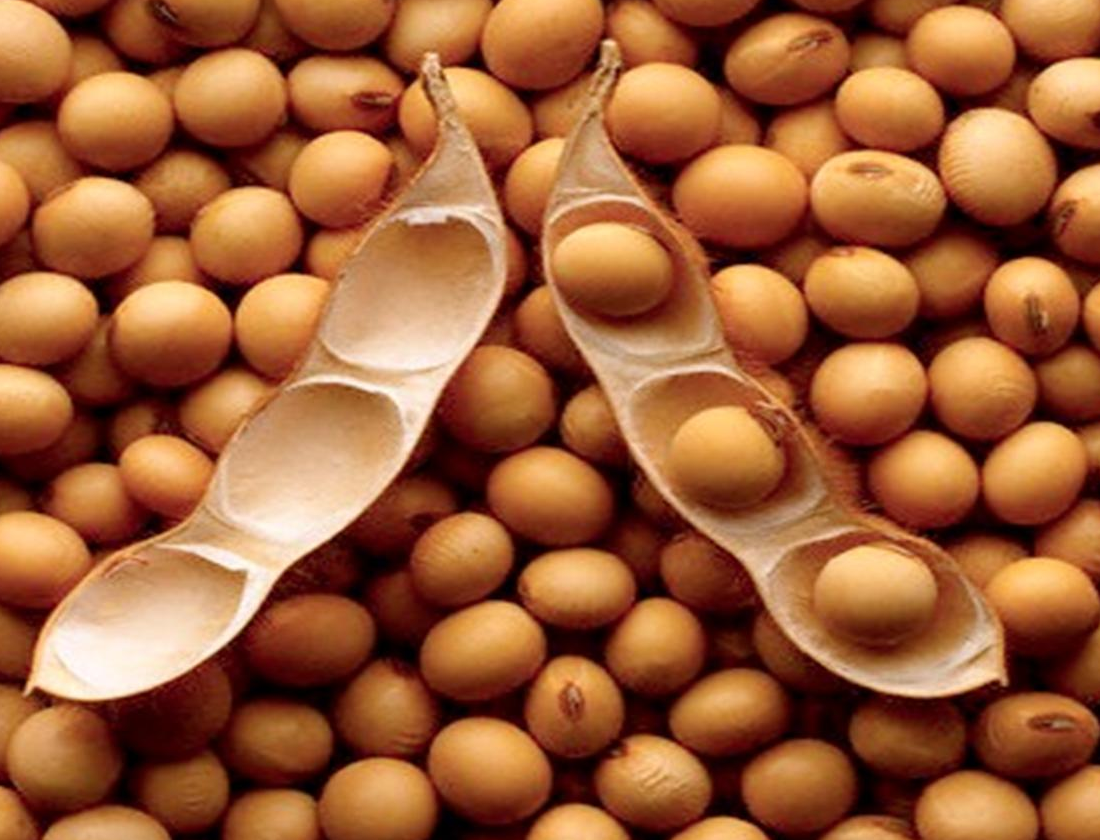
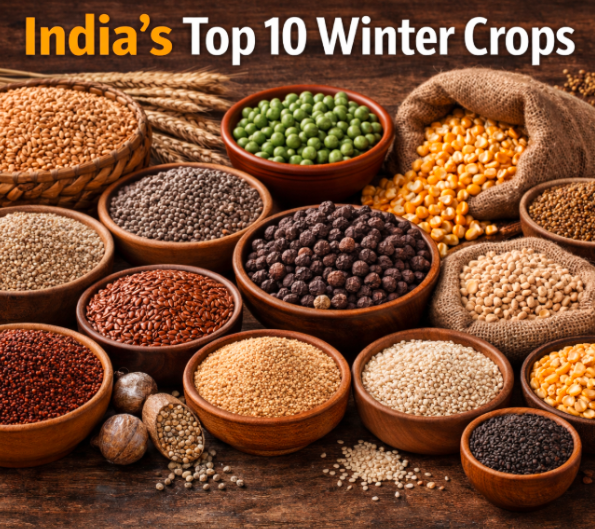
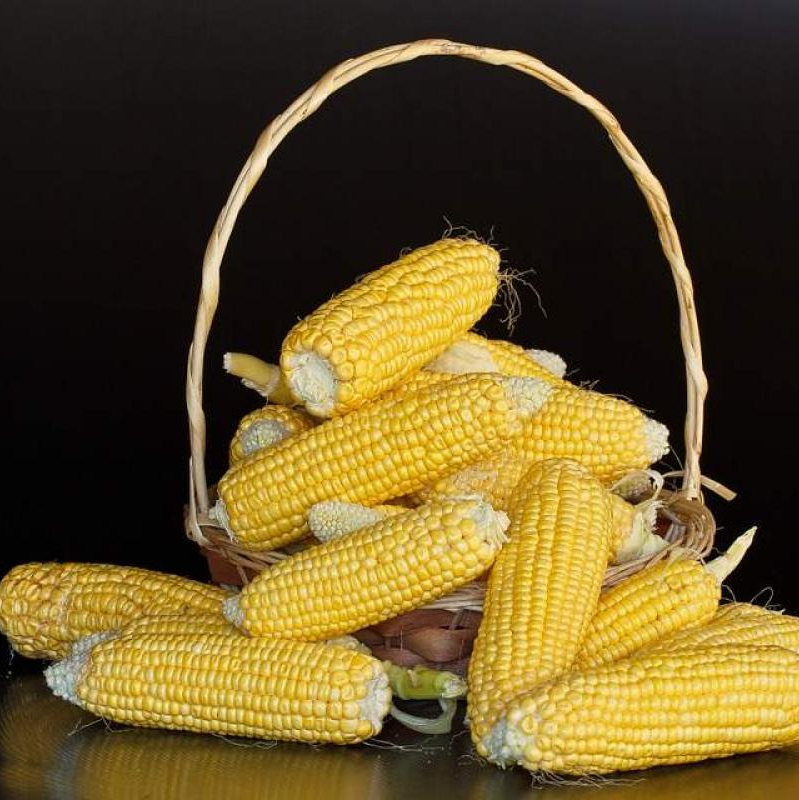

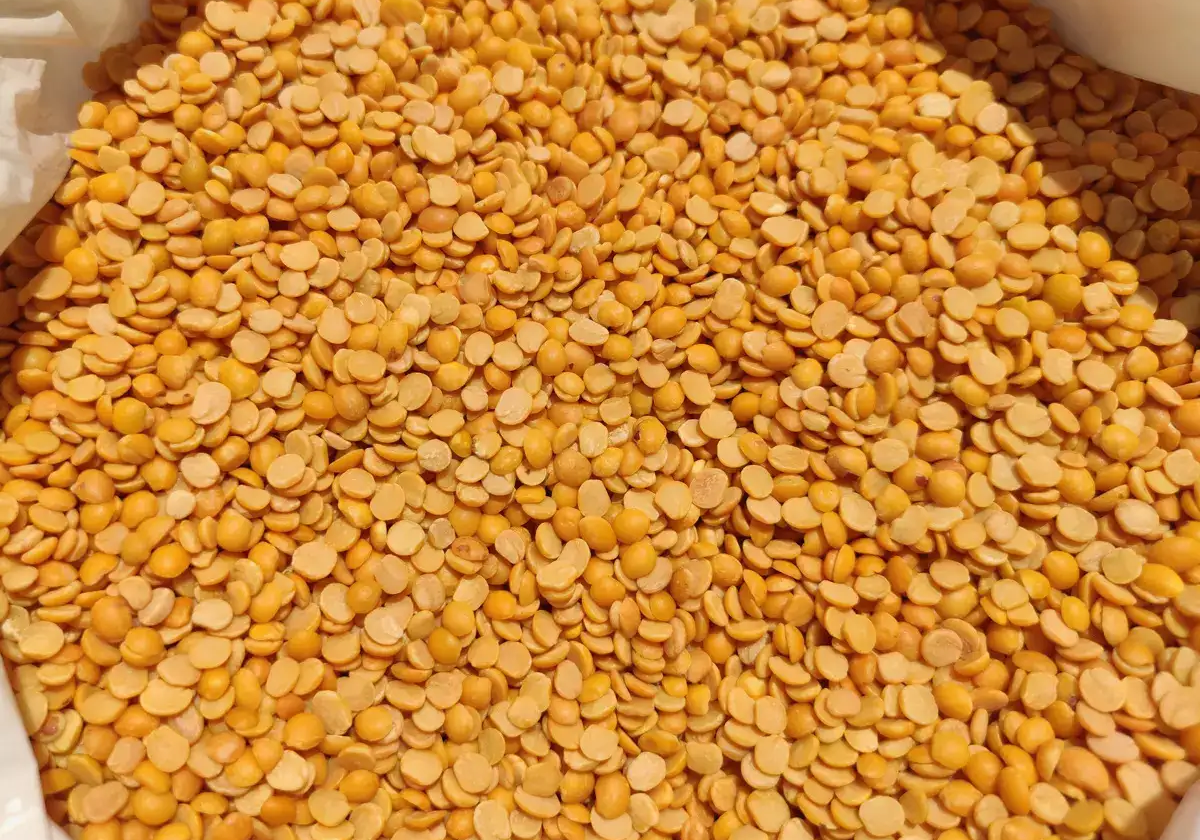
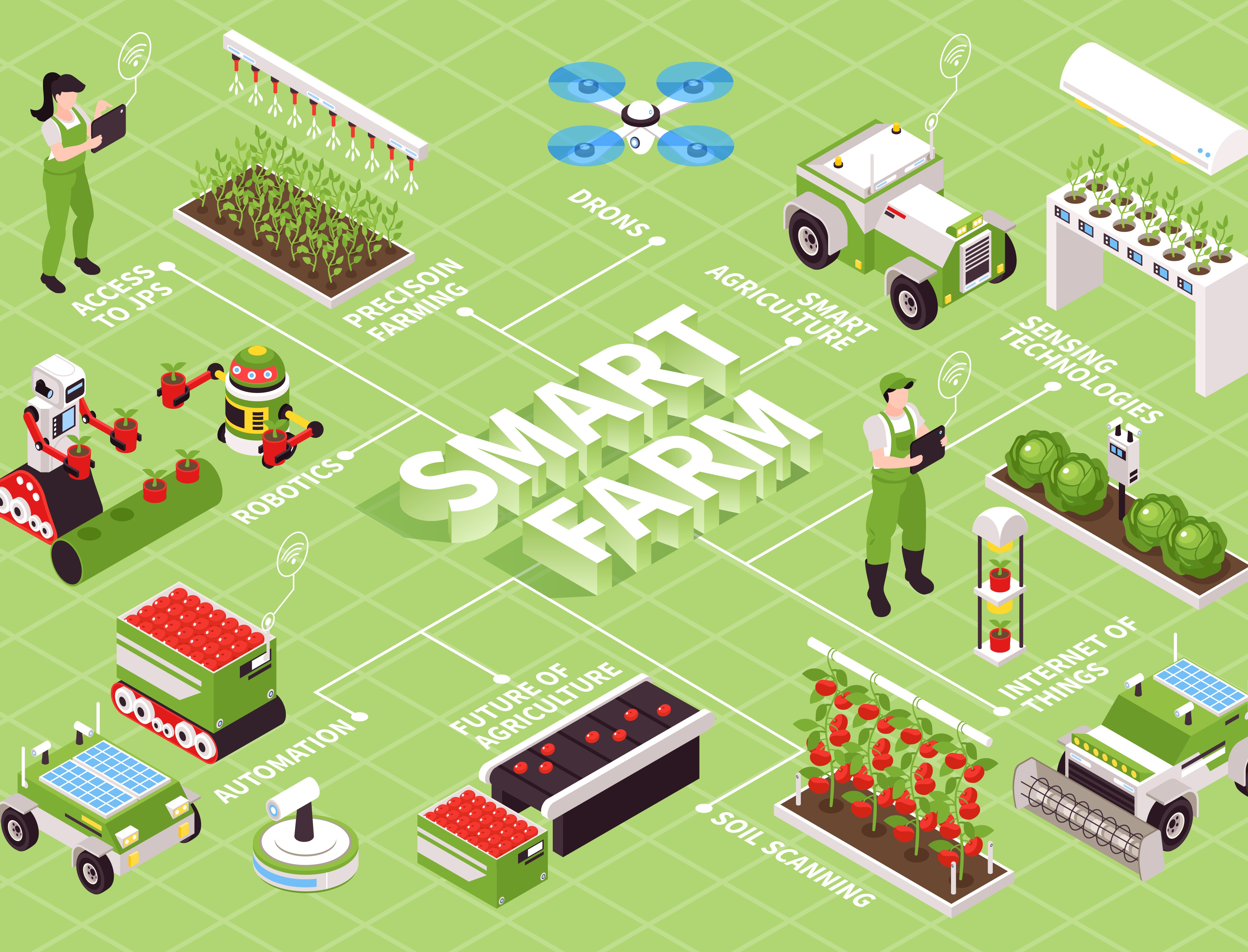
 Connect With Us
Connect With Us